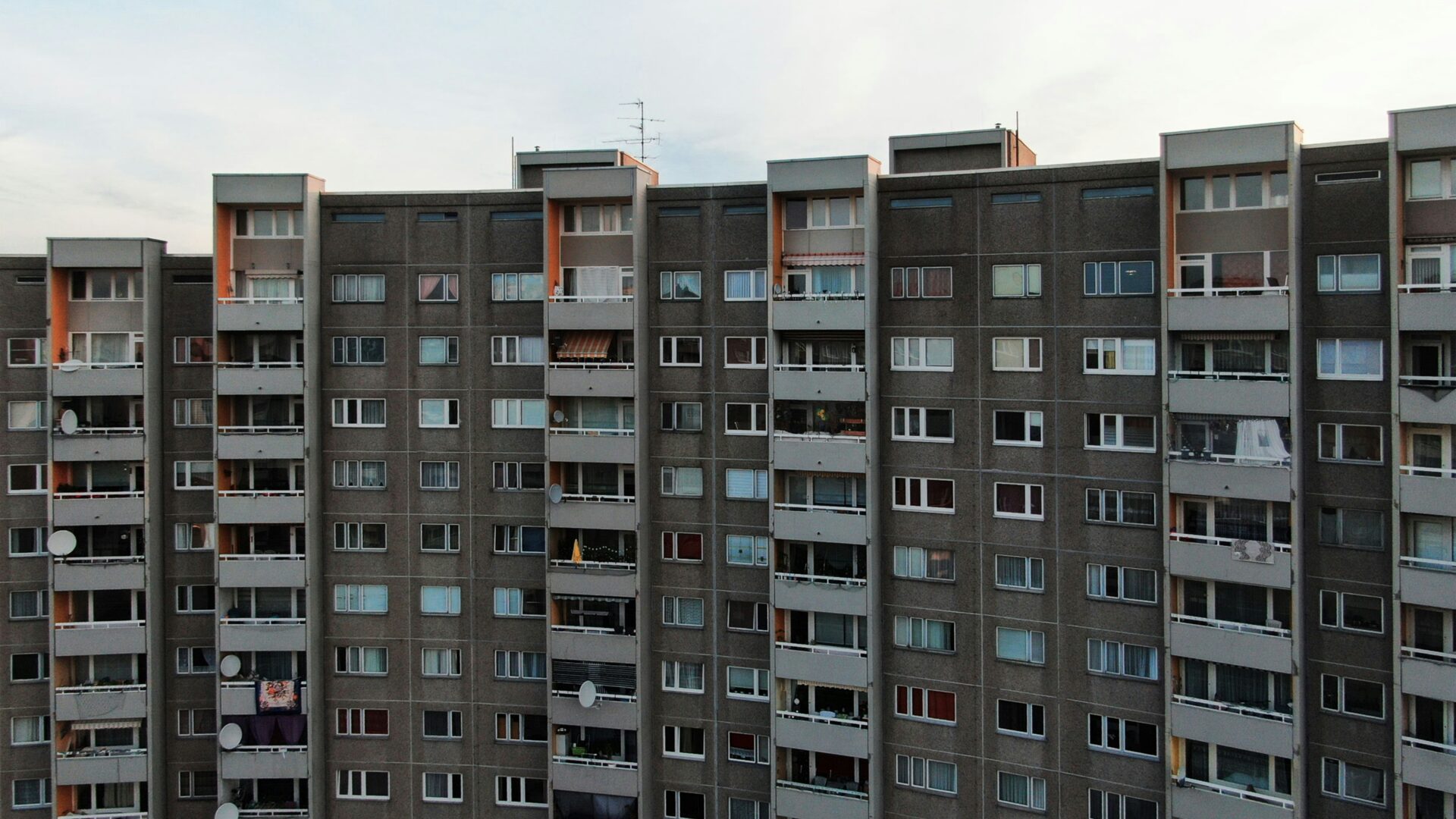
A High Court decision against granting interim injunctions in relation to rights of light
Amy Wagg, associate solicitor, and Eleanor Bradshaw, paralegal in our land and property dispute resolution team, look at the recent decision in Handston Investments Ltd v Abri Group Ltd, in which the High Court refused to make an interim injunction to stop work on a development despite the fact that it was agreed that the new development would infringe the rights of light of the applicant.
The decision is positive news for developers, and illustrates the importance of considering the interests of the neighbouring owners to a development. The decision underlines that the Court will look beyond the issue of whether the rights to light have been infringed and will take into account wider considerations when deciding whether to grant an interim injunction restraining the development.
The facts
Abri Group Ltd, a charitable housing association, led a project to build a block of social housing flats. The adjoining property was a commercial office building, owned by Handston Investment Ltd, an investor, that had owned the property since its construction in 2002. The office building was full let.
Handston had established rights of light by prescription due to the 20 years of continuous use. Such rights were gained over time through uninterrupted access to natural light through the windows. Abri applied for planning permission for the development in 2020, no objections to planning were received, and began works in January 2024.
Handston objected to the construction when it began to affect its rights, stating they wished to preserve the passage of light. Using the Waldram Method, which is a standard approach for measuring light loss, it was agreed that the development would infringe Handston’s rights of light. However Abri refused to stop work.
Handston applied to court for an interim injunction to stop the development, and offered a cross-undertaking in damages to cover Abri’s losses if the injunction was later found to be unjustified.
The issues
The key issue here was whether damages (i.e. the payment of compensation) were an adequate remedy for Handston or whether the only adequate remedy was for the work to stop.
Handston argued that damages would not be an adequate remedy as they were protecting a property right. It said that if an interim injunction was not made, then by the time the matter got to trial, the development would be so advanced that it would be unlikely that the Court would order that the development needed to be redesigned or deconstructed.
In contrast Abri argued that damages were an adequate remedy as the interests of Handston, as landlord, was purely financial to the value of the property and rental income.
Abri noted that the tenants of the property hadn’t objected to the planning permission for the development, suggesting that they were not concerned by the impact of the development. In addition the property was fully let and so it seemed unlikely that Handston would lose out.
Decision
The Judge refused to grant the interim injunction.
The Judge acknowledged that the completion of the development was likely to give rise to a lasting infringement of Hanston’s right to light and the offered cross- undertaking.
In reaching its decision, the Judge noted in particular the judgment in Midtown Ltd -v- City of London Real Property Co Ltd, and the fact that Hanston only had a financial interest in the property. It was decided that as the property’s value had diminished and as this was a calculatable loss, damages were sufficient in compensating Hanston for the impact on its financial interest in the property. The judge deferred the decision as to what those damages should be to the trial judge.
The Judge also considered what the consequences would be if the interim injunction were ordered and the development was delayed, finding that this would cost approximately £40,000 per week and would significantly delay the building of much needed-social housing.
After the Judge’s decision to dismiss the application for an interim injunction on the development, Handston reached to a settlement with Abri rather than taking the dispute for trial to ask for a permanent injunction.
For more information or support on this topic, please contact our land and property dispute resolution team or call us on 01772 258 321.


